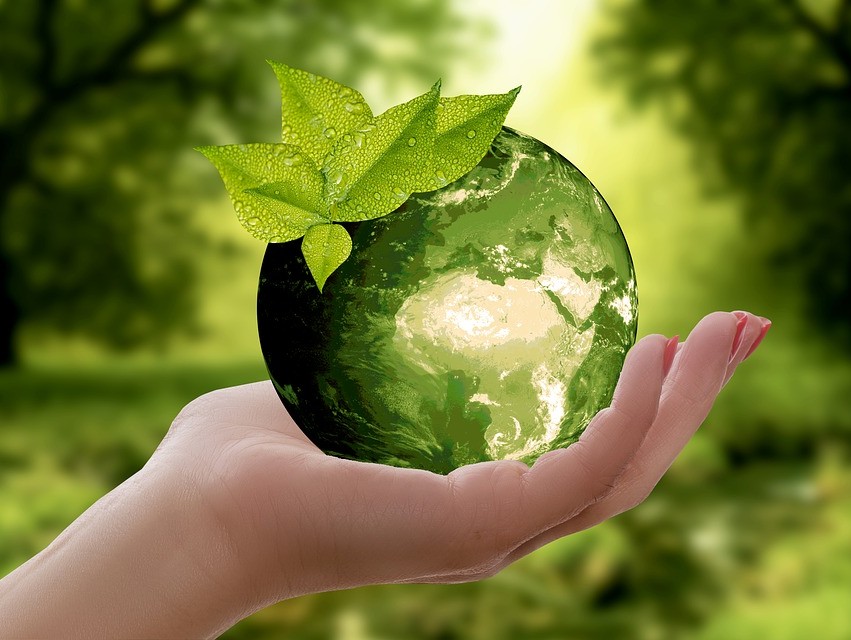
Tetra Pak has joined forces with global resource management company Veolia in a game-changing partnership that will enable all components of used beverage cartons collected within the European Union to be recycled by 2025.
The average beverage carton comprises around 75% paperboard, 20% plastic and 5% aluminium foil. But while the fibres recovered during recycling have a healthy market when converted into high-quality paper pulp for use in both industrial and consumer products, the same is not true for the recovered polymer and aluminium (PolyAl) mix.
Within the scope of the new partnership, the extracted PolyAl will be processed at dedicated facilities and converted into raw materials for applications within the plastic industry. In this way, the overall value of used beverage cartons is expected to double, making the value chain for collection and recycling more efficient and viable.
The Tetra Pak and Veolia partnership will start in the EU and expand to more markets around the world.
Lisa Ryden, Recycling Director, Tetra Pak said, “All materials from beverage cartons can be fully recycled into something new and useful. Our approach to recycling involves working with many partners along the value chain, because a chain is only as strong as its weakest link. The challenge in the EU is to achieve the economies of scale and turn PolyAl into high value secondary materials.”
“With this partnership, we are combining our respective areas of expertise to find sustainable solutions for PolyAl recycling”
Laurent Auguste, Senior EVP Development, Innovation & Markets, Veolia said “This partnership joins together our resource management expertise and Tetra Pak’s packaging material expertise. We will develop an environmentally and economically sustainable solution to recycling PolyAl, first in the EU, and then Asia, to improve collection, technology and processes. We are proud to embark on this journey with Tetra Pak to sustain and grow beverage carton recycling. At Veolia we work every day to make waste a valuable resource, and are constantly developing innovative solutions, and investing in technologies, as part of our wider commitment to living circular.”
Source: © Pixabay